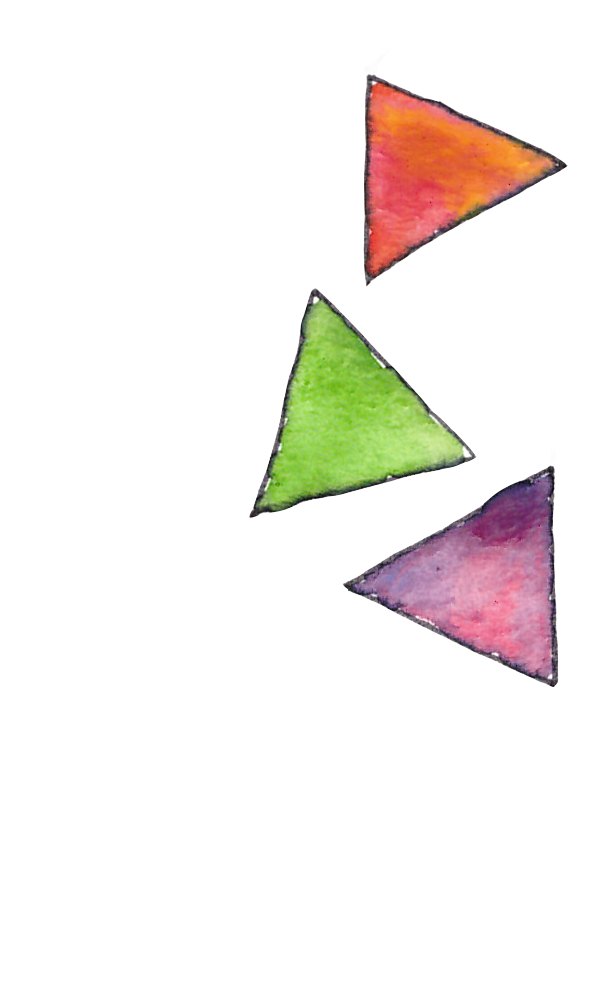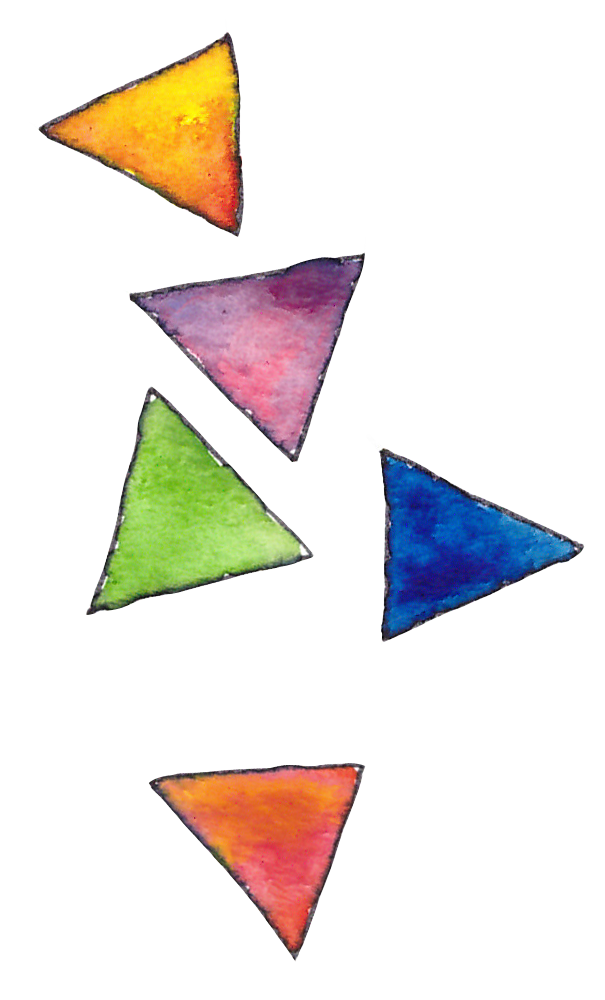Every day I tell Scout she is beautiful. I tell Ralph he is beautiful, too. I don’t mean beautiful on the outside, although through my mother-eyes, I happen to think they are exceptionally good looking kids. I mean they are beautiful souls.
“Beautiful” in our house is an all-encompassing word that means kind, buoyant, loving, affectionate, funny, clever, quirky, creative and, most of all, bringer-of-joy.
“You are so beautiful,” I tell Scout, when she tenderly rocks her baby-doll to sleep saying “shh shh shhhhh, shh shh shhhh,” or announces that she is going to twirl for the entertainment of the (blind) dog. “You are so beautiful,” I tell Ralph, when he scrunches up his nose with immeasurable glee because he has climbed onto a chair all by himself, or begs me to dance, or crawls over to the giant teddy and cuddles it with an audible “ahhhh.”
I text Mr B a picture of the children standing side by side at their little blackboard, drawing a duet masterpiece in chalk. “They are so beautiful,” he texts back. And later, on FaceTime, “Scout! Ralph! You are beautiful! When I get home I am going to kiss you and tickle you!”
But lately I’ve been second-guessing myself and my vocabulary. I am bringing up my children in a world that places a premium on physical beauty, and the having or the lack of said beauty is tied to everything from self esteem to bullying to professional success to relationships to personal finances to mental health.
Is it dangerous, I began to ask myself, to raise my children to feel worth from their parents in a loaded word like “beauty?”
“You are so beautiful,” I whispered to Scout last week, as I carried her up the stairs to bed. What I truly meant was, “Your soul shines like a beacon of good in my dark and confused world.” But as I walked back down the stairs alone, I started to panic. What if all she had taken from my words was “You have lovely eyes and your hair is shiny?”
Ultimately, though I think that this is where the combination of language and parenting can be a powerful thing.
Because I have decided that it is OK to tell my children they are beautiful. Often and with punctuation. In fact, I have decided that it is important for me to do this.
For many years to come, my children will learn – from peers, from strangers, from media, from pretty much everywhere – that physical beauty is something to be arduously sought. They will learn this whether I want them to or not, because we do not live in a cave.
But my children are learning their language by immersion, not from a text book. So far, nowhere have they read or been told “The word ‘beauty’ only means ‘looking good’.” So in these first, formative years of their life and language, their experience of the word “beautiful” is teaching them that “beauty,” first and foremost, means “goodness.”
Sometimes Scout pushes my hair out of my eyes and says “Mummy you are so booful,” and I know her words have nothing to do with how I look. She also tells the dog, the cat, her baby dolls, her baby brother and her friend Bella that they are “booful,” again with zero reference to their looks.
While I can’t protect either of my children from what others will tell them in the future, I am laying a linguistic foundation today that I hope will equip them to understand the aesthetic of beauty to be rich and complex and multi-layered.
And soul-deep.
So I will continue to tell my children they are beautiful. Because I want them to feel beautiful, in the full meaning that I have chosen to give that word, and because I want them to learn how to look for the true beauty of people they meet as they go through life.
And when the world starts to load “skinny” or “pouty” or “even-featured” onto their experience of that word, it will already hold, in their minds and hearts, something infinitely more… beautiful.
Image credit: Volkan Olmez, licensed under Creative Commons




 so I have to think about it and choose my words wisely.) I try to choose things that will give them confidence in their abilities and hope that can carry them through this often harsh and critical world. I think I got this idea from a lesson on how to talk to kids about their art. To try and focus on the qualities of the art such as “I like how you used a lot of blue there” instead of saying “That’s pretty… what is it?” lol
so I have to think about it and choose my words wisely.) I try to choose things that will give them confidence in their abilities and hope that can carry them through this often harsh and critical world. I think I got this idea from a lesson on how to talk to kids about their art. To try and focus on the qualities of the art such as “I like how you used a lot of blue there” instead of saying “That’s pretty… what is it?” lol

